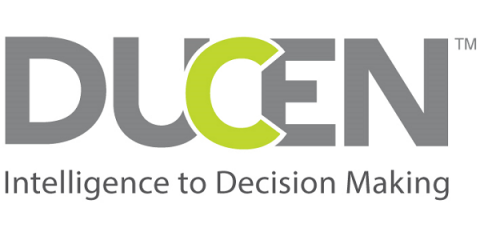Businesses are embracing the Cloud for digital transformation
Making the digital shift has always been of key importance, but even more so in the last few months. As organizations across different verticals navigate a new landscape post-pandemic, it has become critical to reevaluate priorities and strategies for digital adoption. But enabling digital transformation requires a solid foundation, and cloud computing plays an integral role in this regard.


